Students from around the world gather around the yellow LED sign as it counts down to zero. Five, four, three, two, one – the fire ignites, blasting the rocket up into the atmosphere.
Standing up front at the NASA Kennedy Space Center in Florida, is New Tech High @ Coppell freshman Sam Dondapati. At the ripe age of 13, he had just launched his first experiment to space.
It all started at F. K. White Middle School in Lake Charles, La., where Dondapati learned about the Student Space Exploration Program (SSEP). This organization launches student projects up to the International Space Center on unmanned missions. When he heard about the program, he applied right away. For Dondapati, there was no question about it: he was going to send his experiment to the stars.
“It was always interesting to me,” Dondapati said. “I’d always had it throughout my life. My mind was already kind of filled with science and it was already there so when I had the opportunity to do it, I immediately sent it.”
His whole life, Dondapati has been surrounded by science. His father, Samuel Dondapati, is a chemistry teacher at Coppell High School and his mother, Sujatha Yerrmalla, is a biology teacher at New Tech High @ Coppell. Throughout his childhood, Sam would visit their classes during services. He was always interested in the chemical reactions in the experiments his dad would do and the different plants his mom would grow for her classes.
With this background in biology and chemistry, he submitted his first experiment, a study on the Growth of Bacillus Coagulans in Microgravity.
“I told him, ‘I don’t think it’s a plausible thing you’re looking at for the bacteria,’ so he said, ‘No, I don’t want any of your opinions. I want to do it on my own,’ so I said, ‘Go ahead and do it,’” Mr. Dondapati said.
That was exactly what Sam did. But when the results came back, his experiment was not selected for launch. He received an honorable mention, but this wasn’t enough for Sam. He was determined to get his experiment to space.
In eighth grade, he came up with a new plan. This time, he conducted an experiment on the bacteria, Spirulina. Spirulina is often used as a protein substitute mixed into foods. It has strong health benefits that Sam proposed astronauts could use in space.
“The main reason I did it was because it’s a probiotic and if this was actually done, the astronauts could use this as a supplement, so that their actual food that they’re already eating could be better absorbed,” Sam said.
The project took Sam 10 months to complete. The goal of his experiment was to send one group of Spirulina to the ISS to test how much it would grow in comparison to the control group on Earth.
Toxicology reports, logistics and safety data made the experiment difficult to complete, but in the end it was all worth it. Out of the 1,859 proposals that had been submitted, Sam’s experiment was one of 39 chosen for launch.
His sponsor teacher, White Middle School’s Sandra Hayes, watched his presentation at NASA with pride.
“He just strolled up there like he presents at NASA every day,” Hayes said. “It was so casual for him like he went into every detail about everything and I was just so impressed by his articulation. He has a wonderful memory and attention to detail.”
The entire school rallied around him. His experiment showed everyone that when you persist through your failures, no goal is too big to reach.
“Whenever Sam got it, it was huge for our school and it just kind of sparked a little spark with all the students suddenly being interested in it and wanting to know more about it,” Hayes said. “It’s really inspirational and when the kids see one of them do it it’s like, ‘I can do it too.’”
With Sam’s drive and ambition, there’s nowhere to shoot but the stars.
This story was originally published on Coppell Student Media on May 17, 2024.

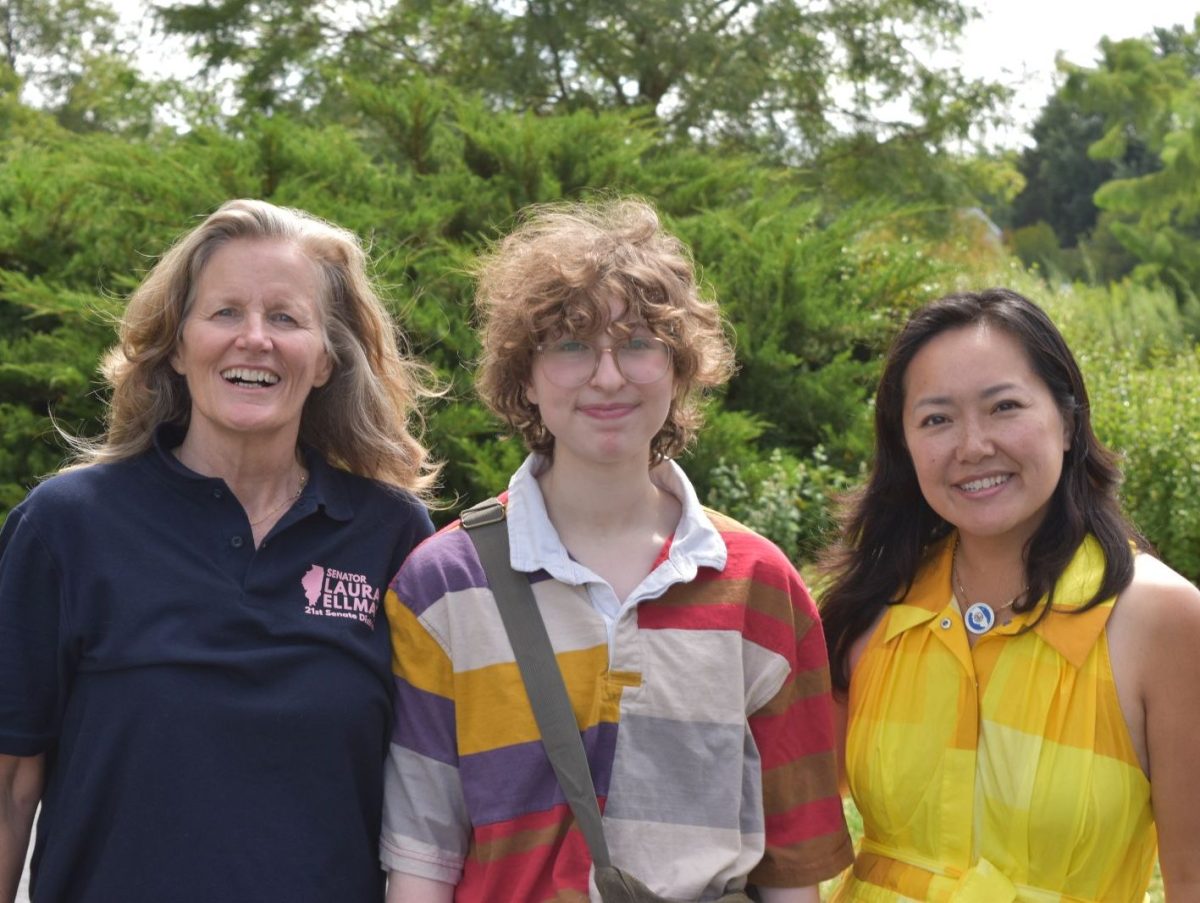
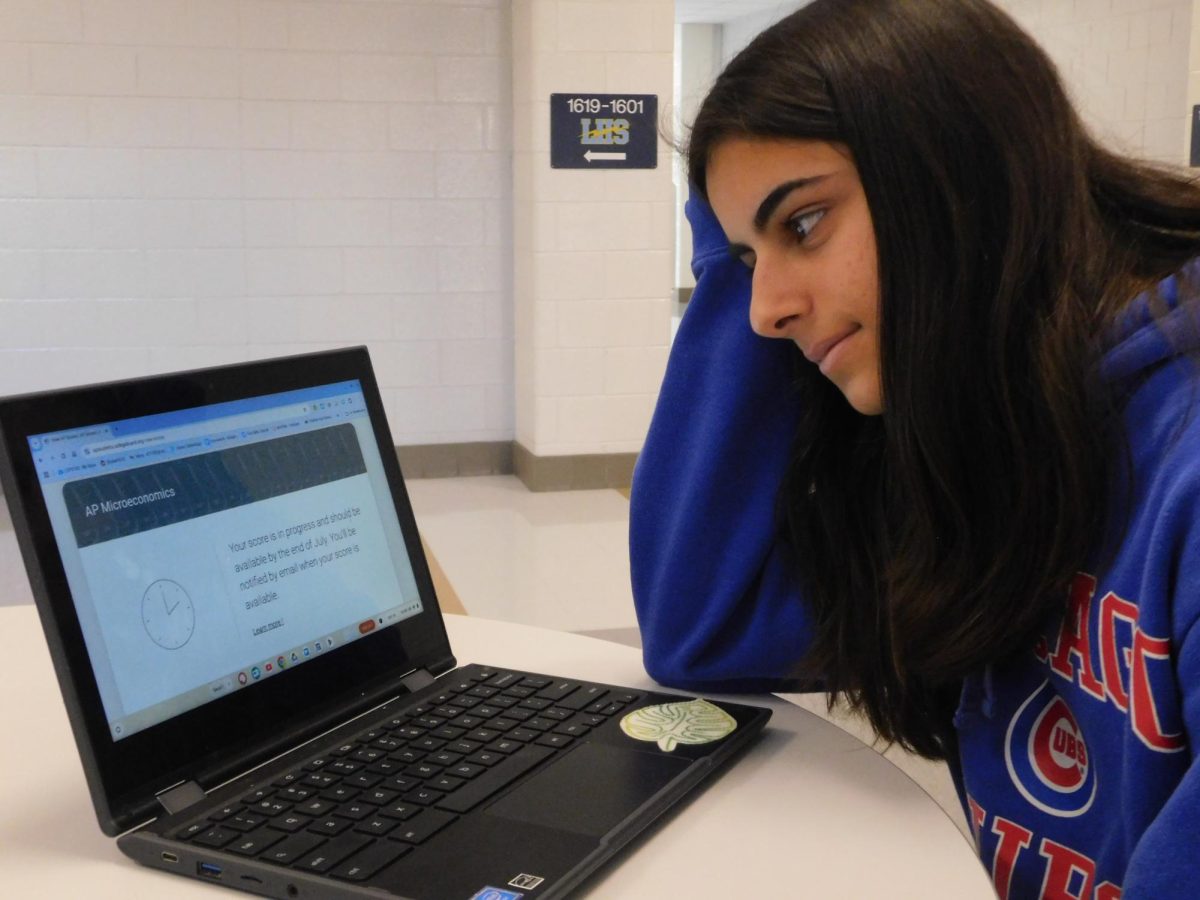
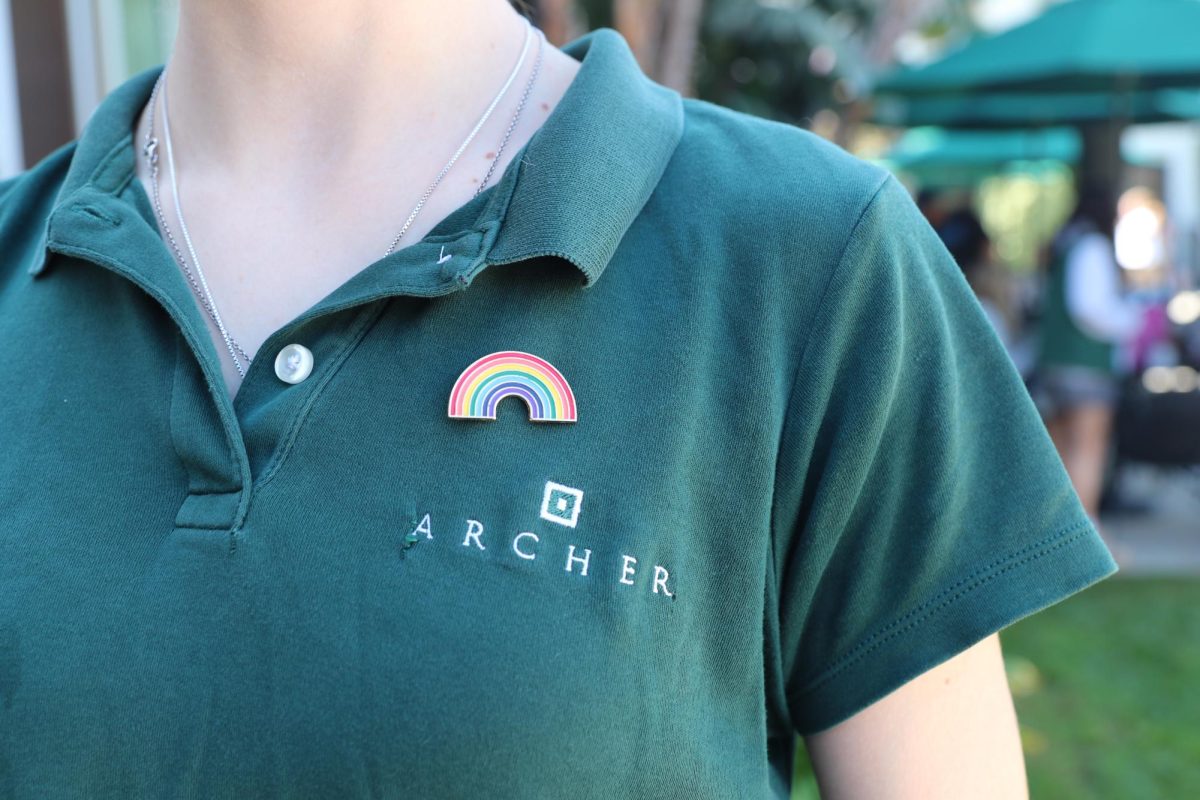
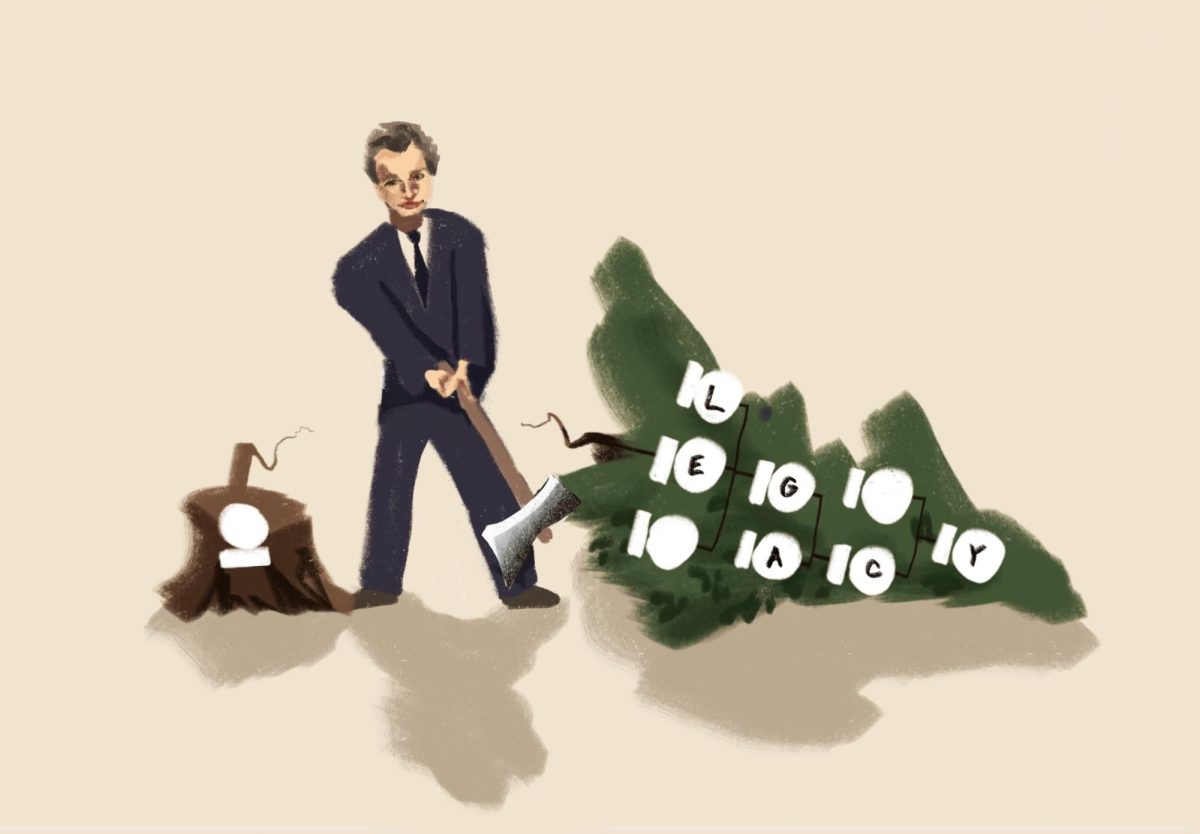
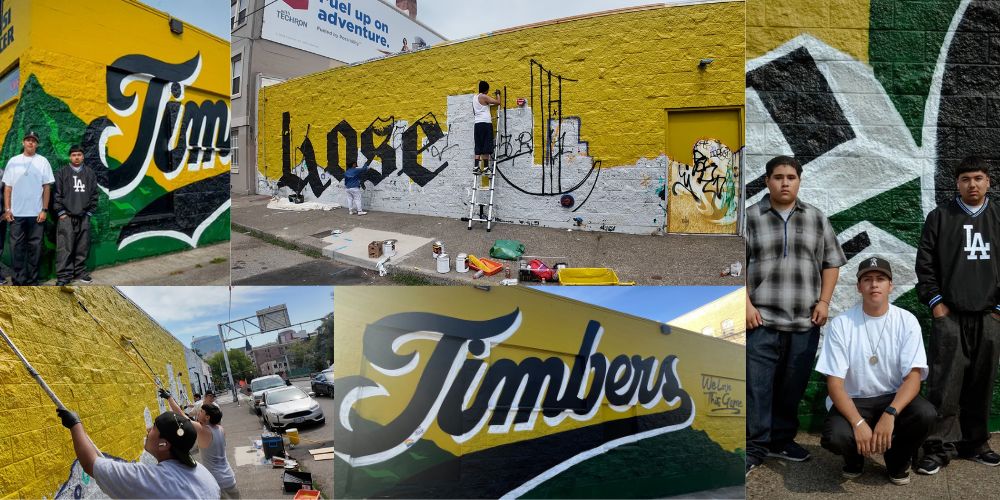
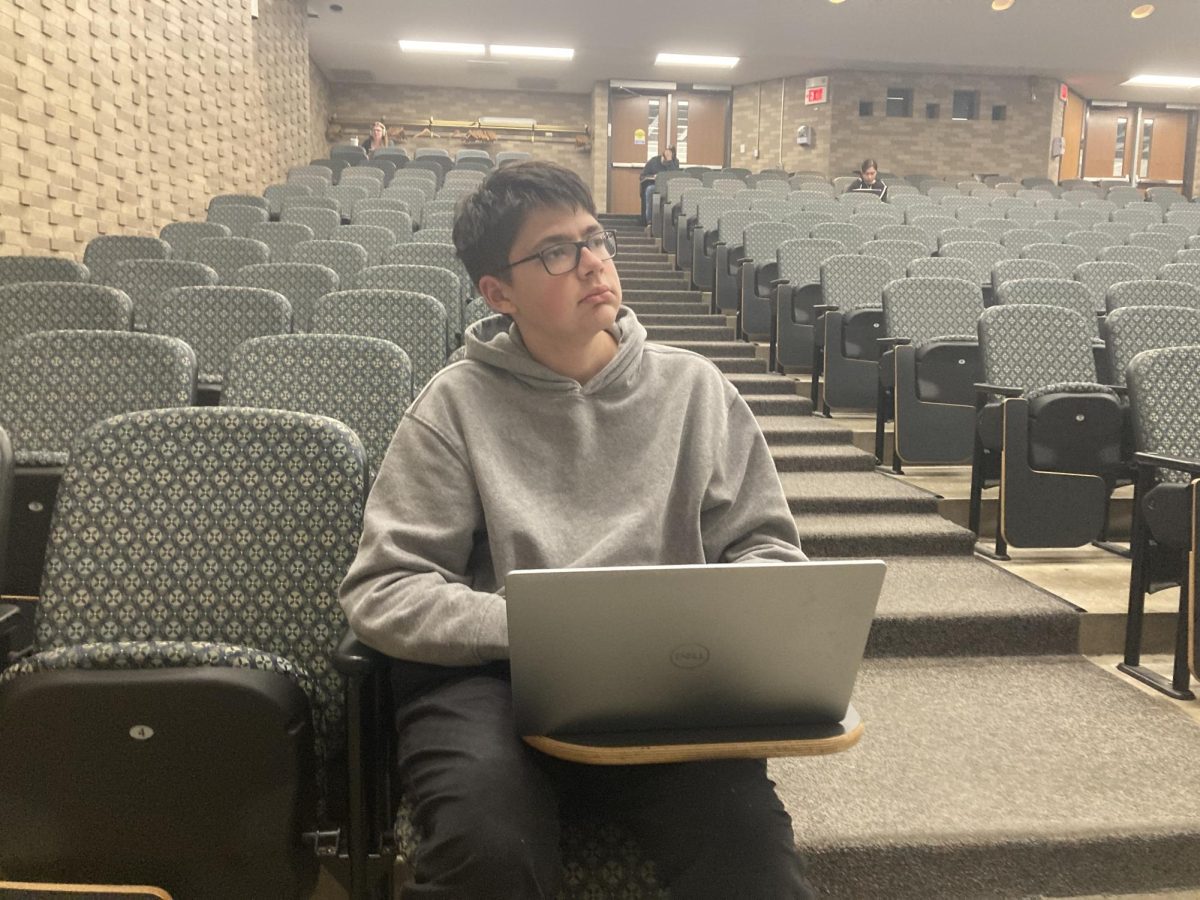
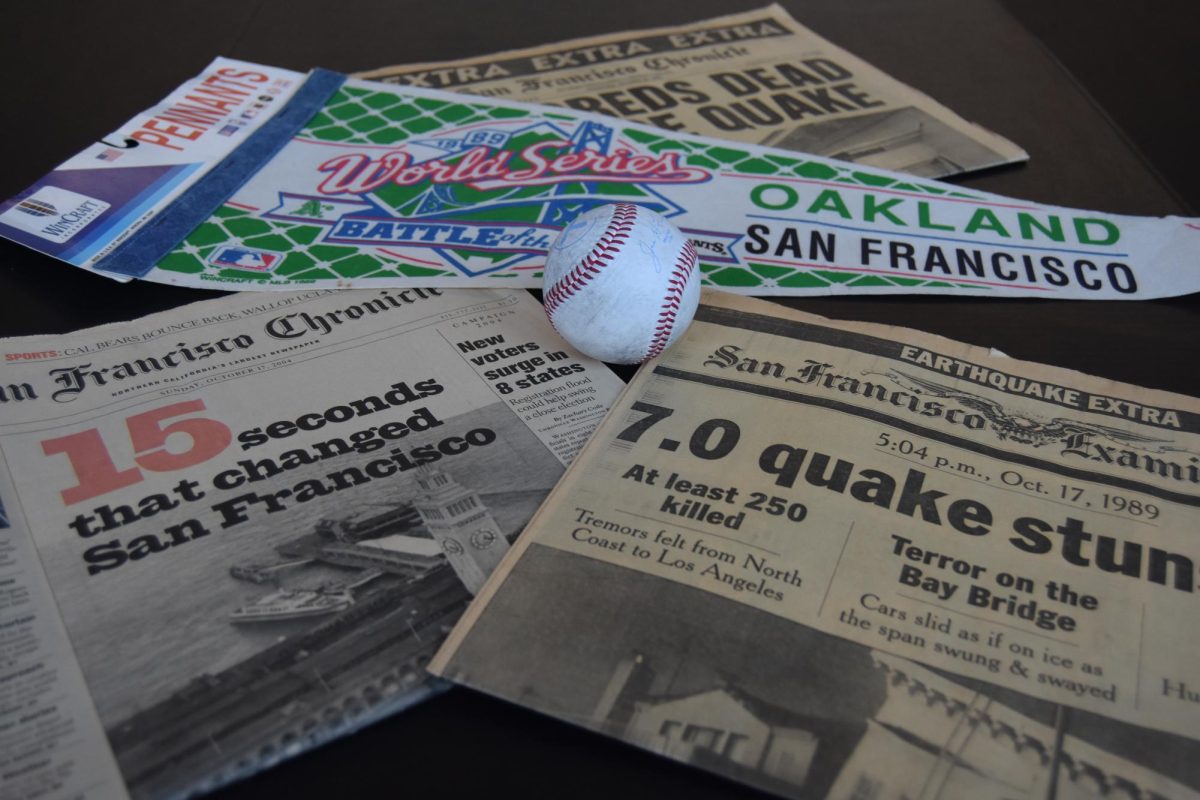
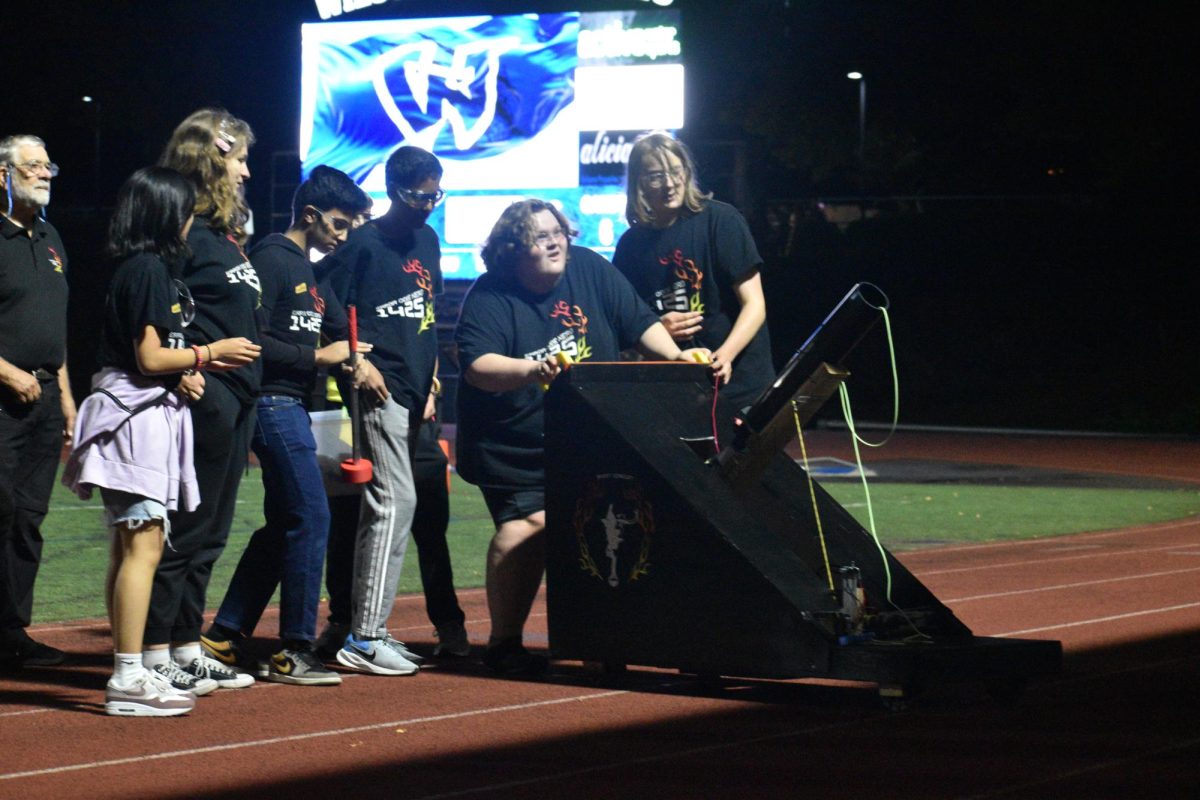
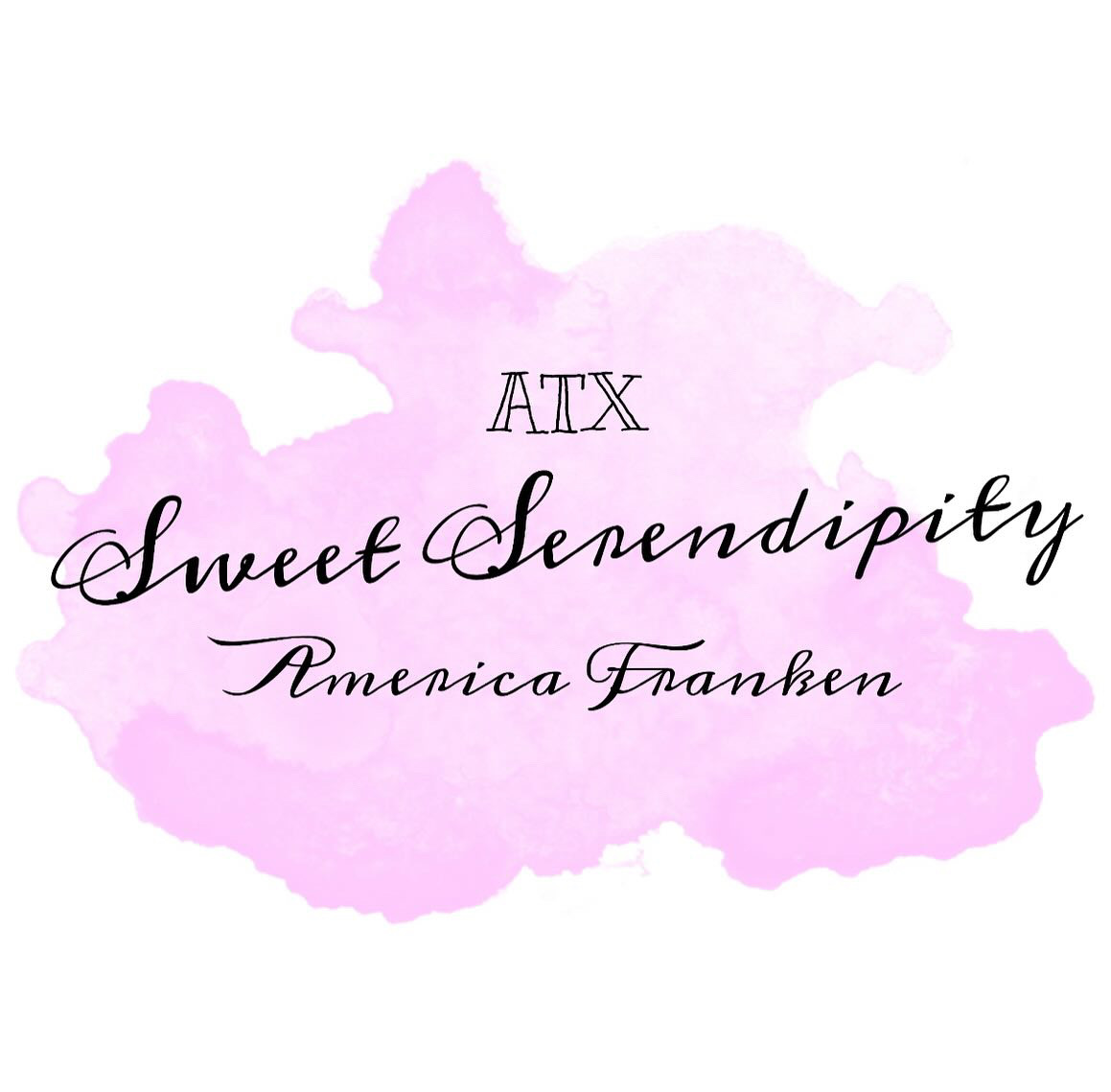
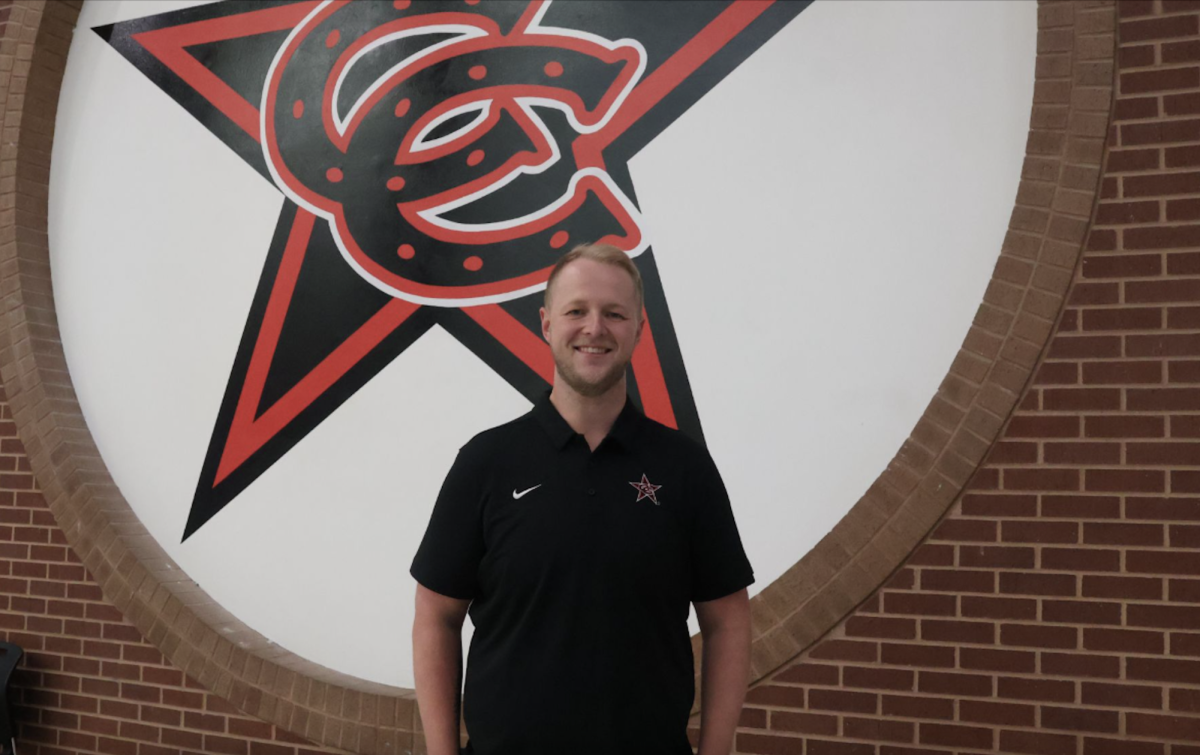

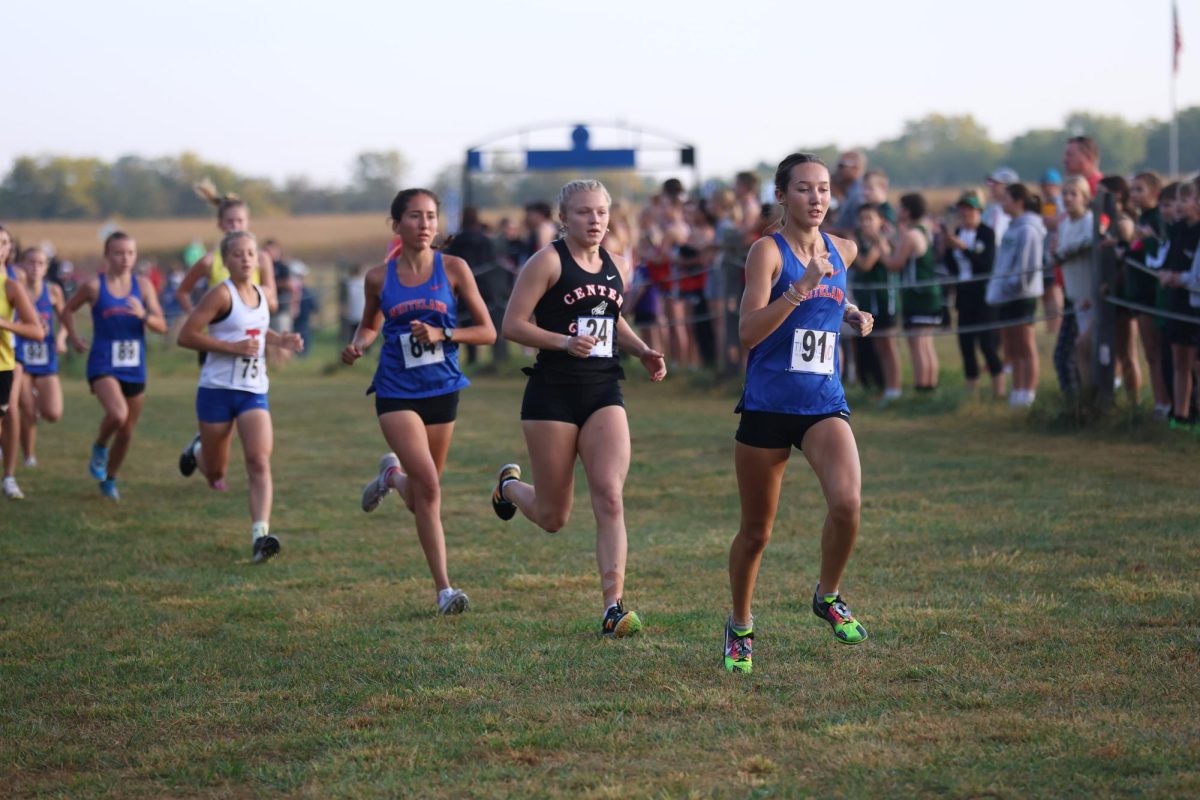
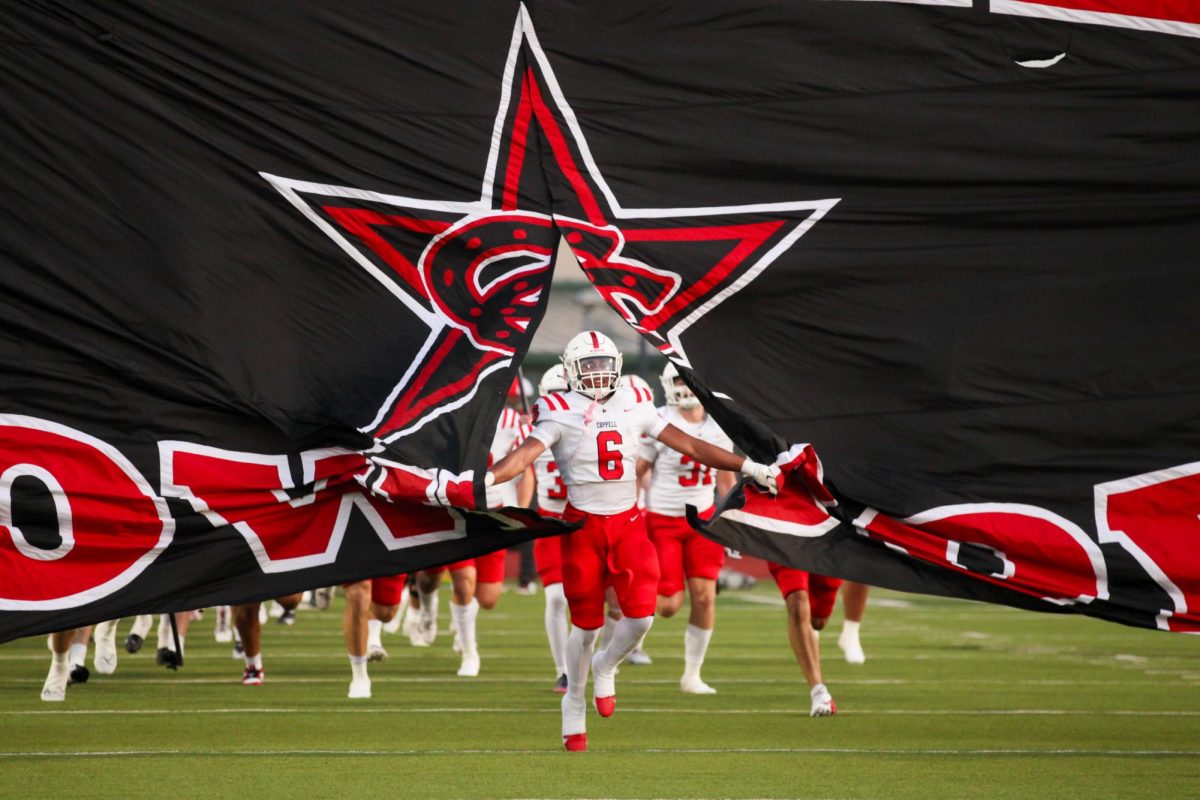

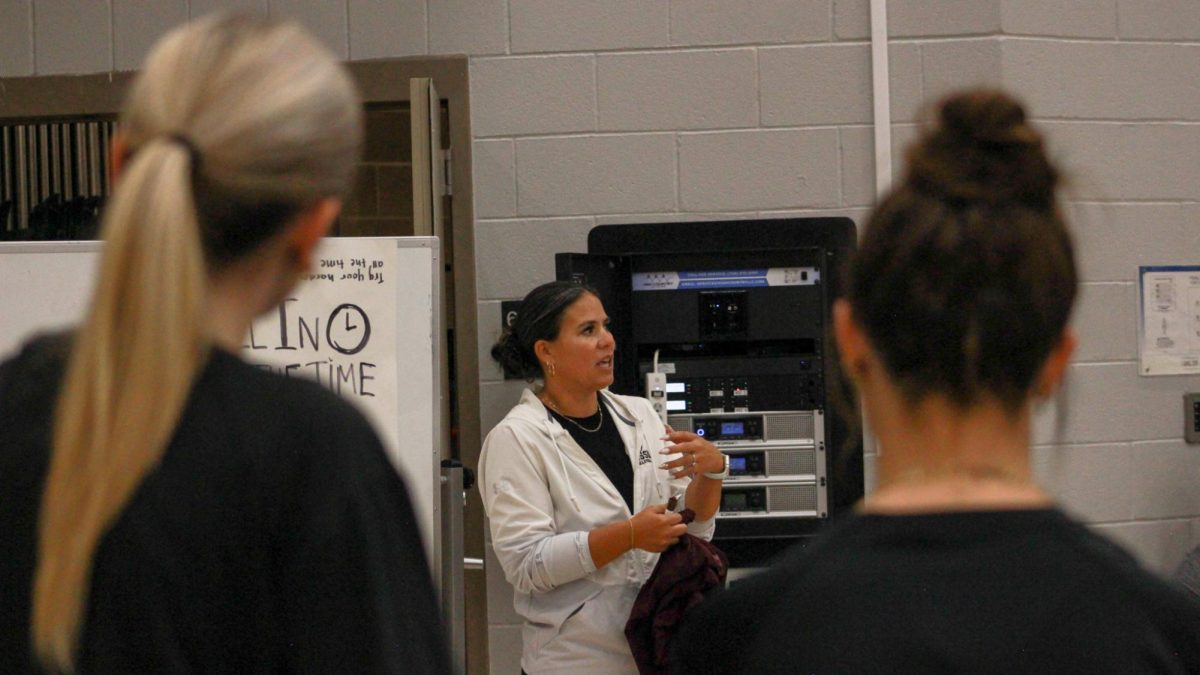
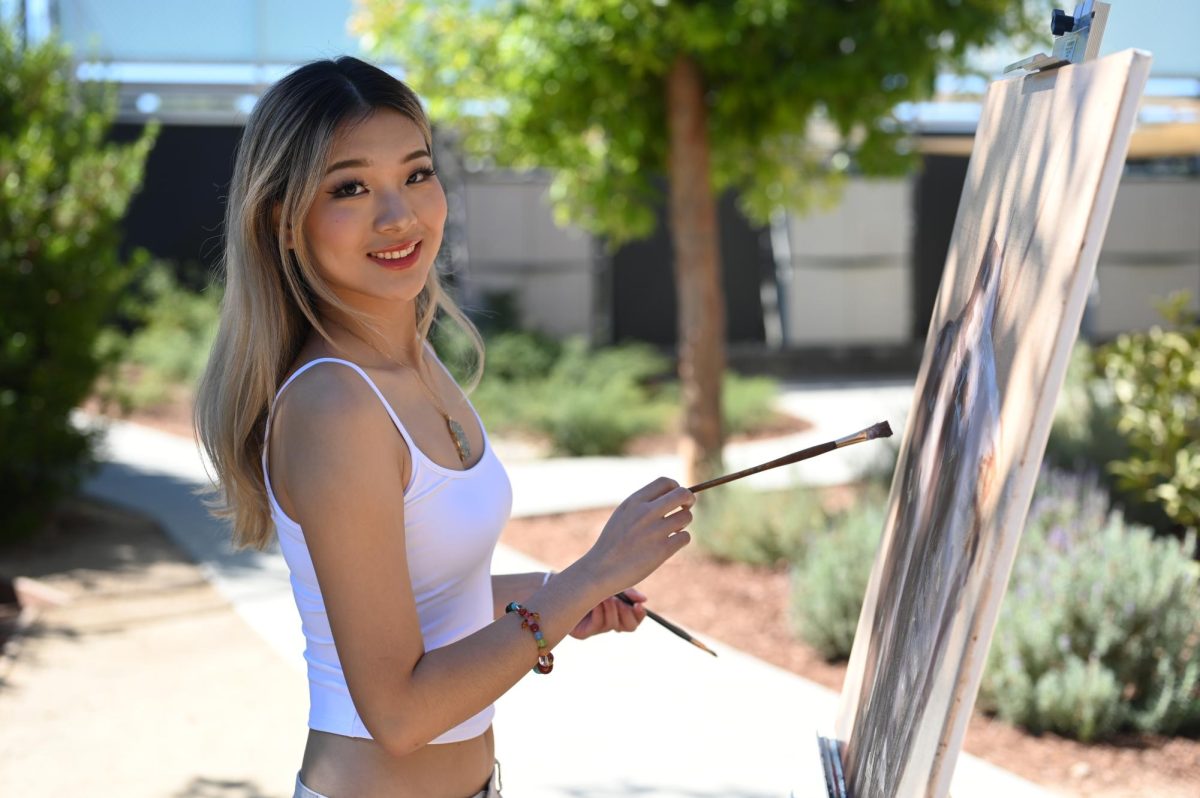
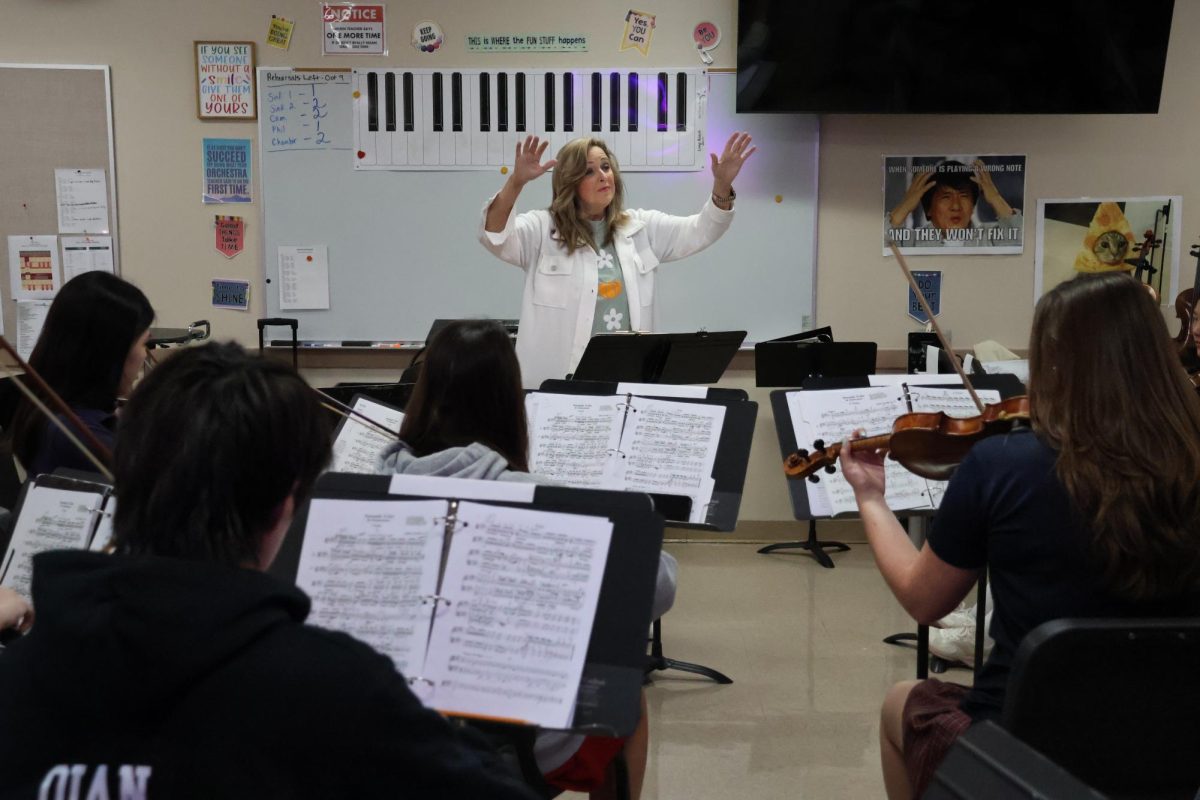
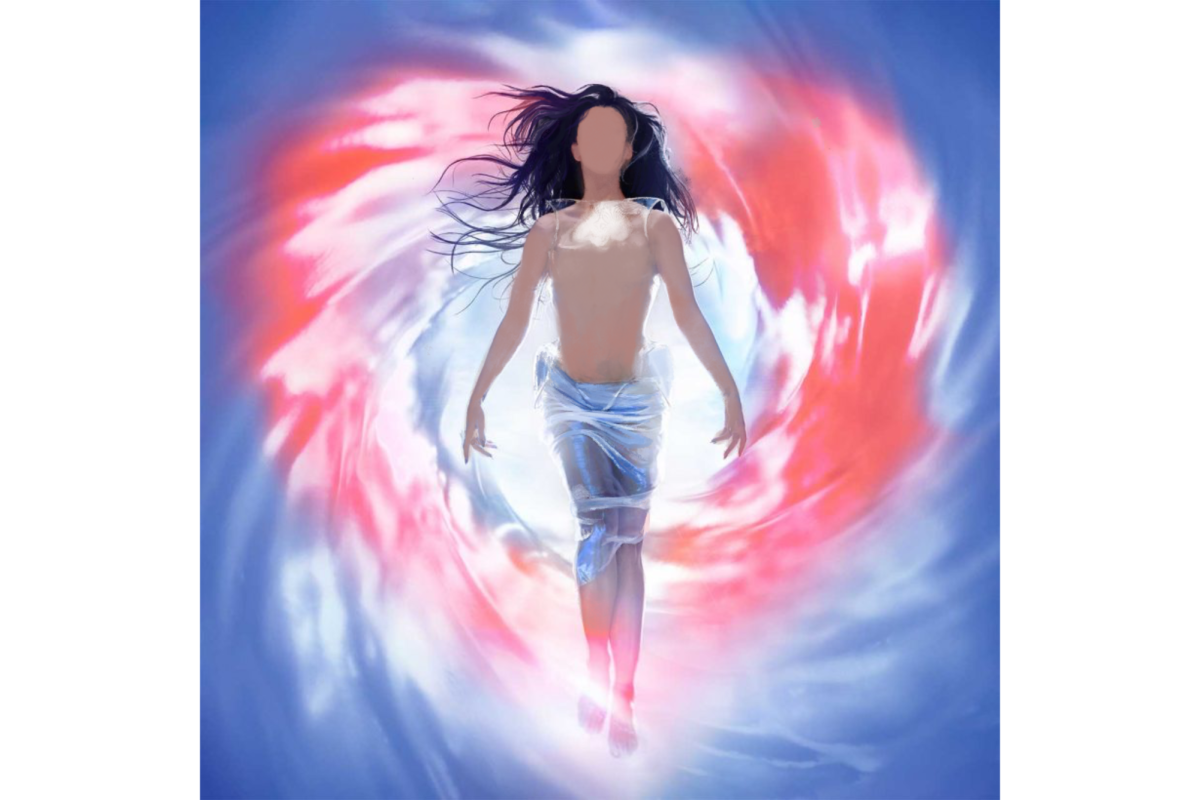
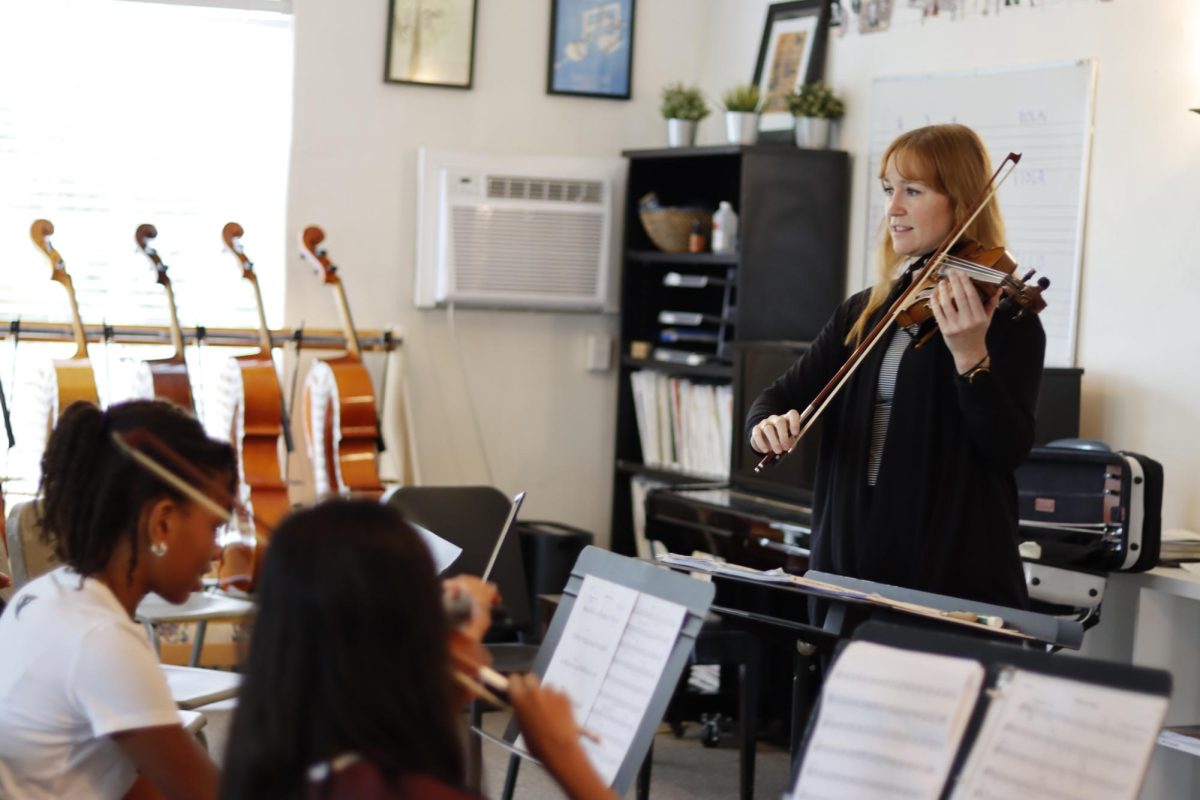
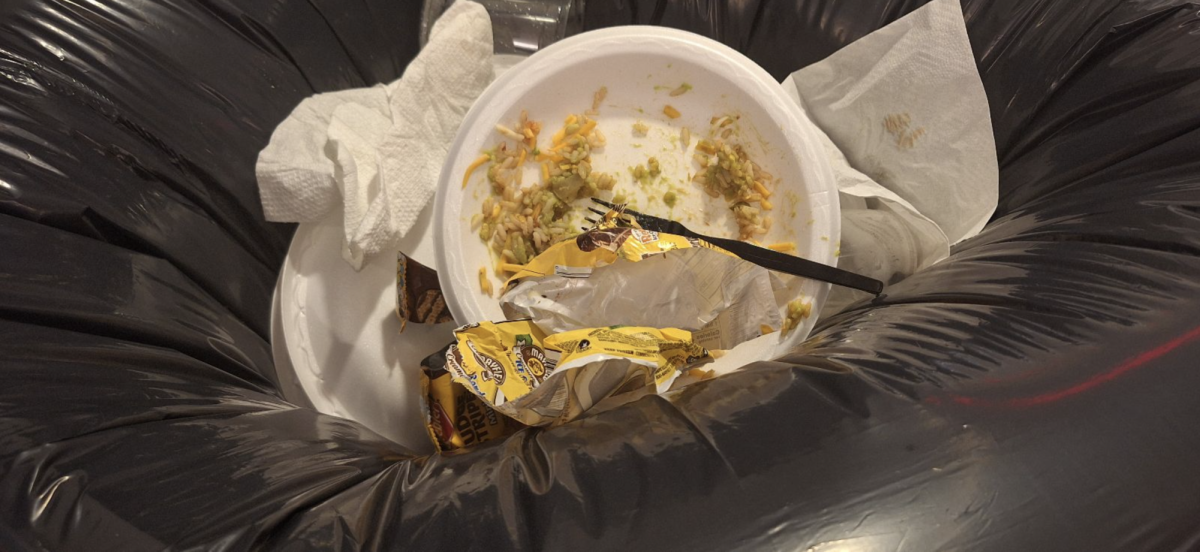
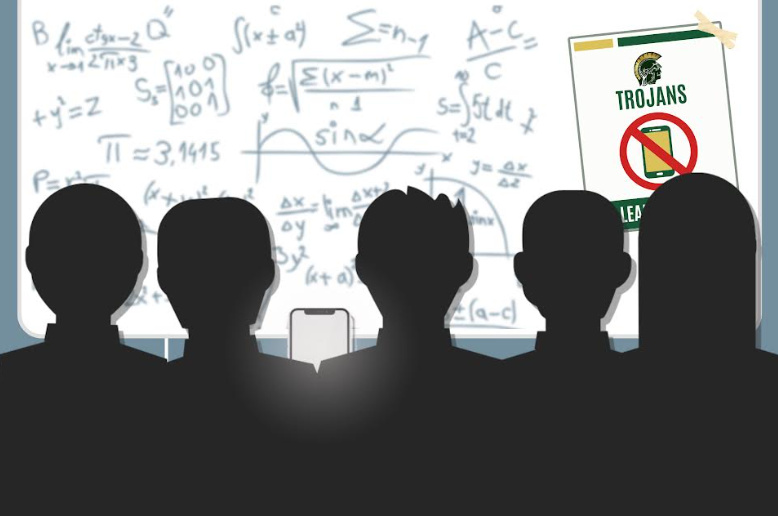
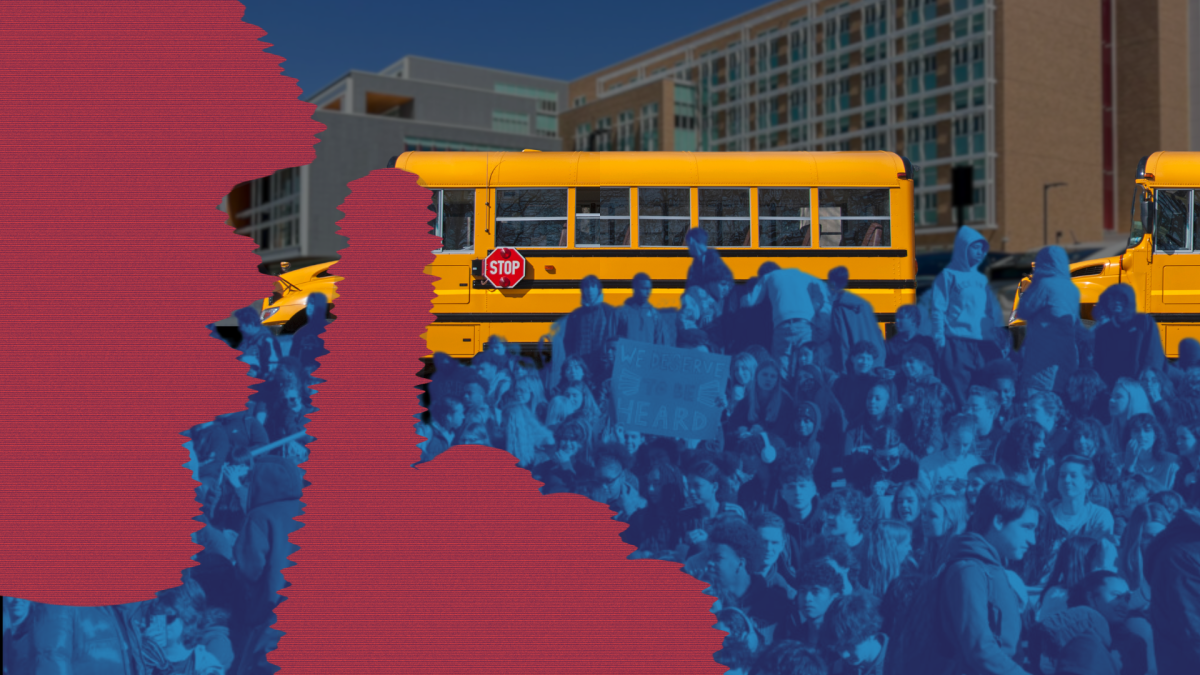
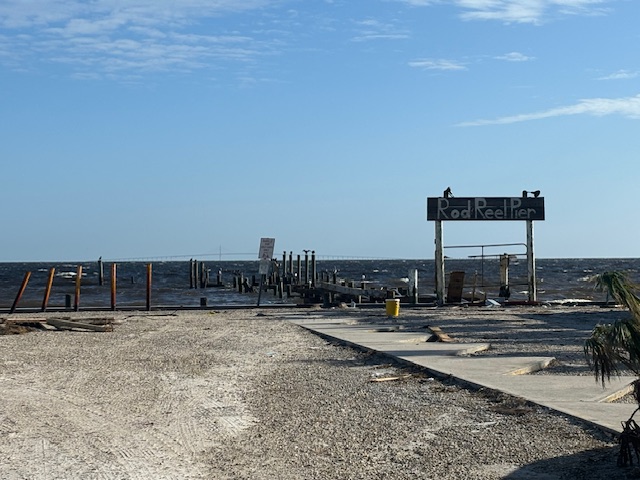
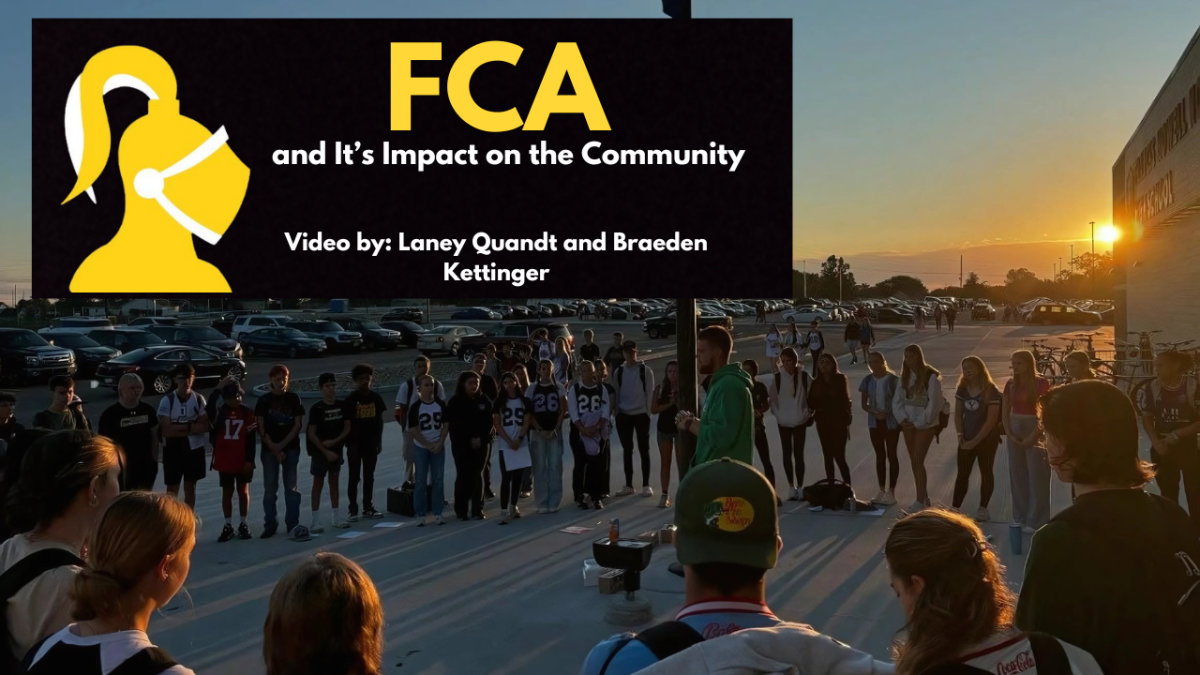
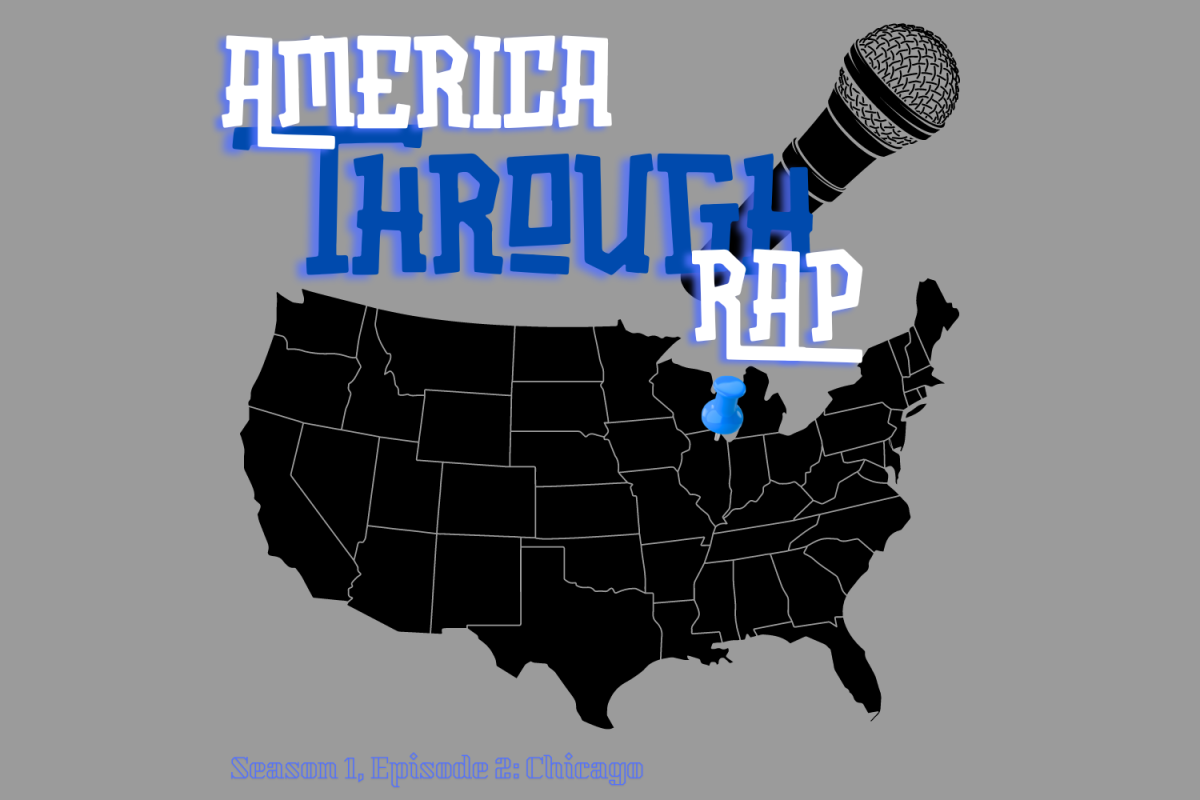
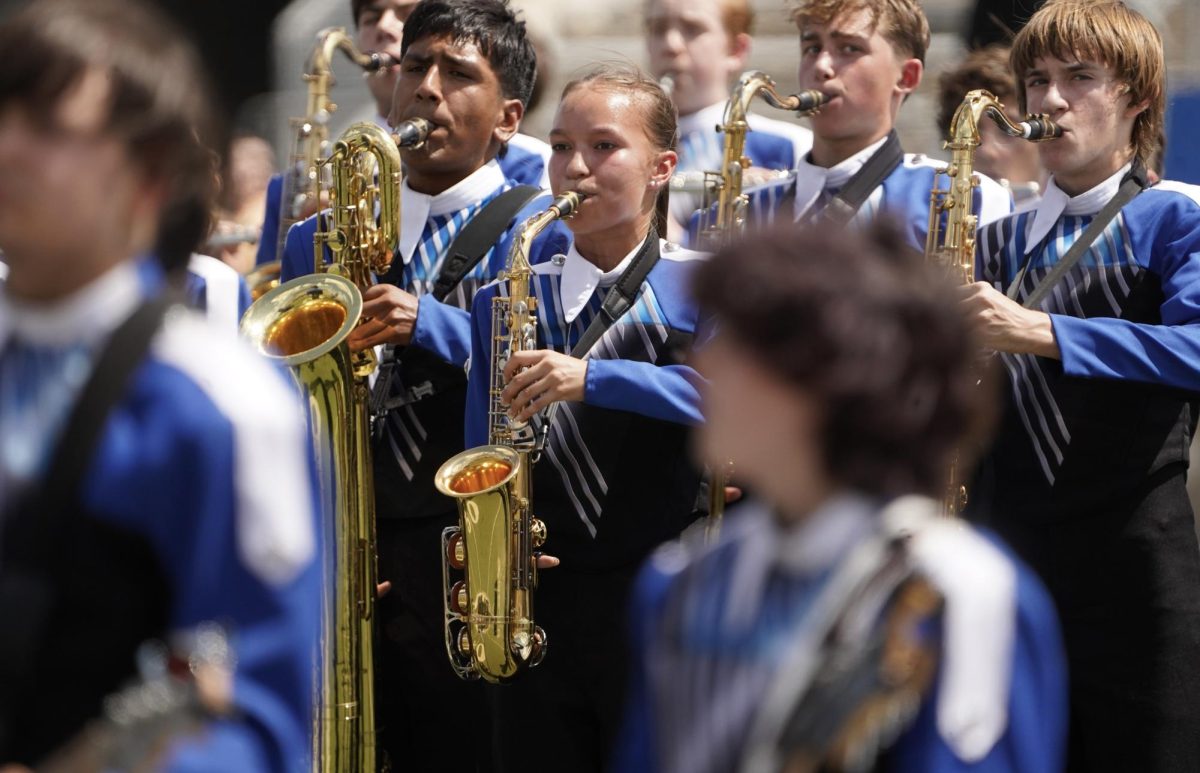
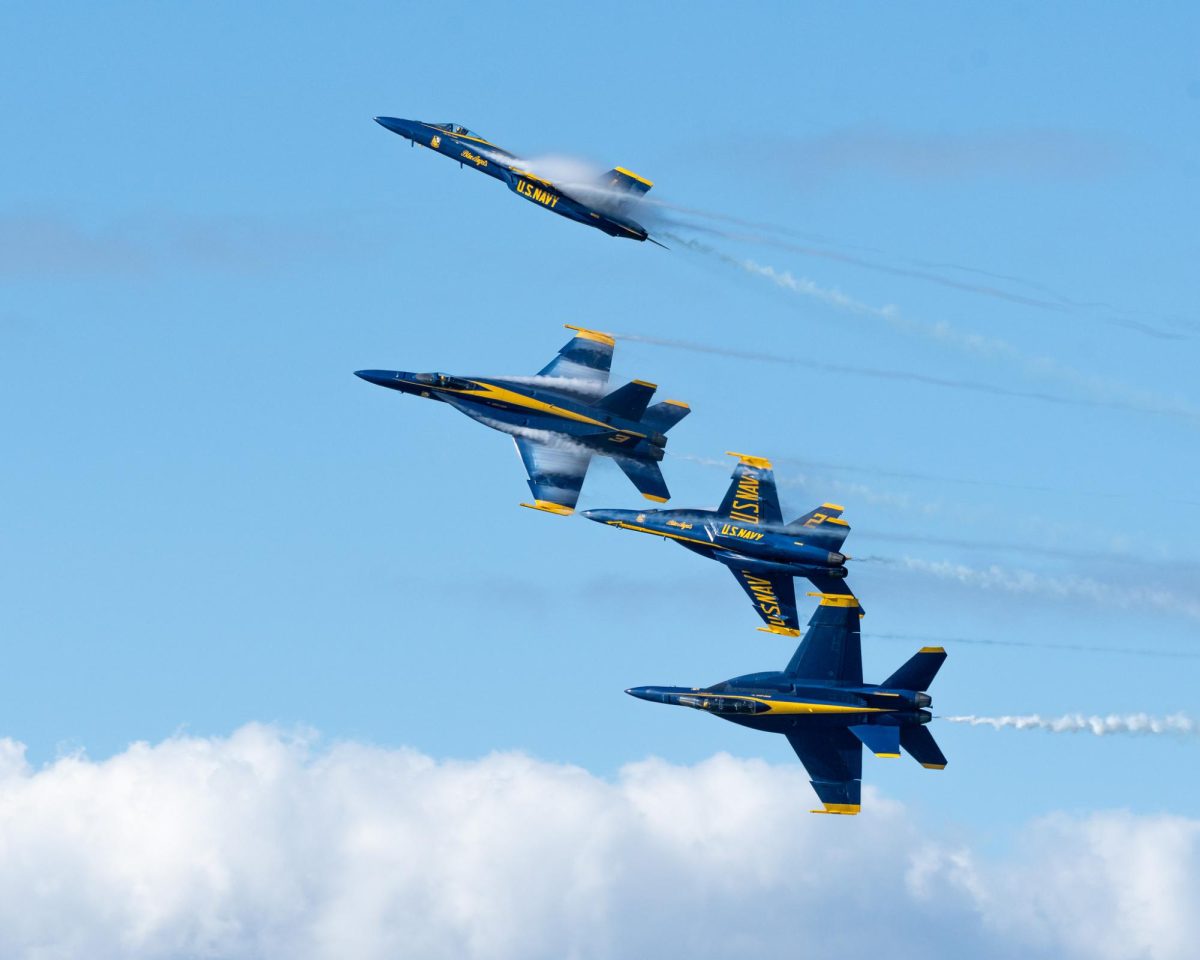
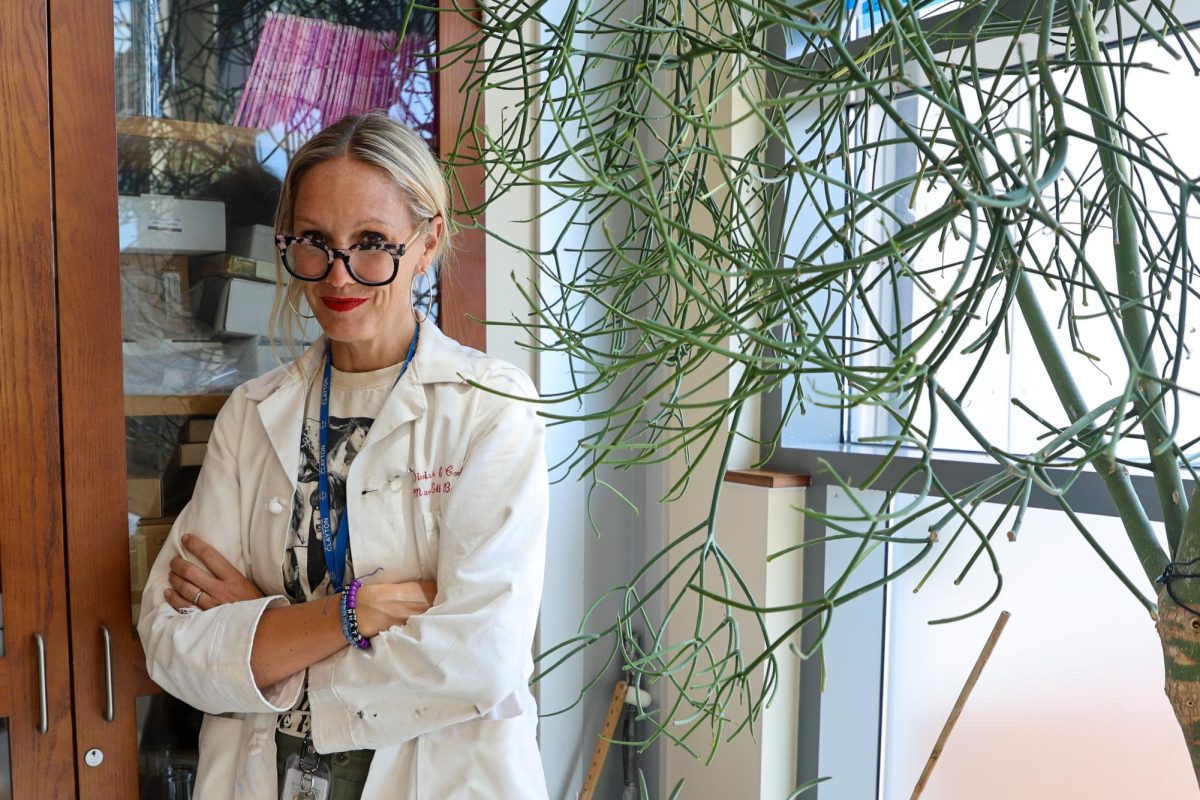
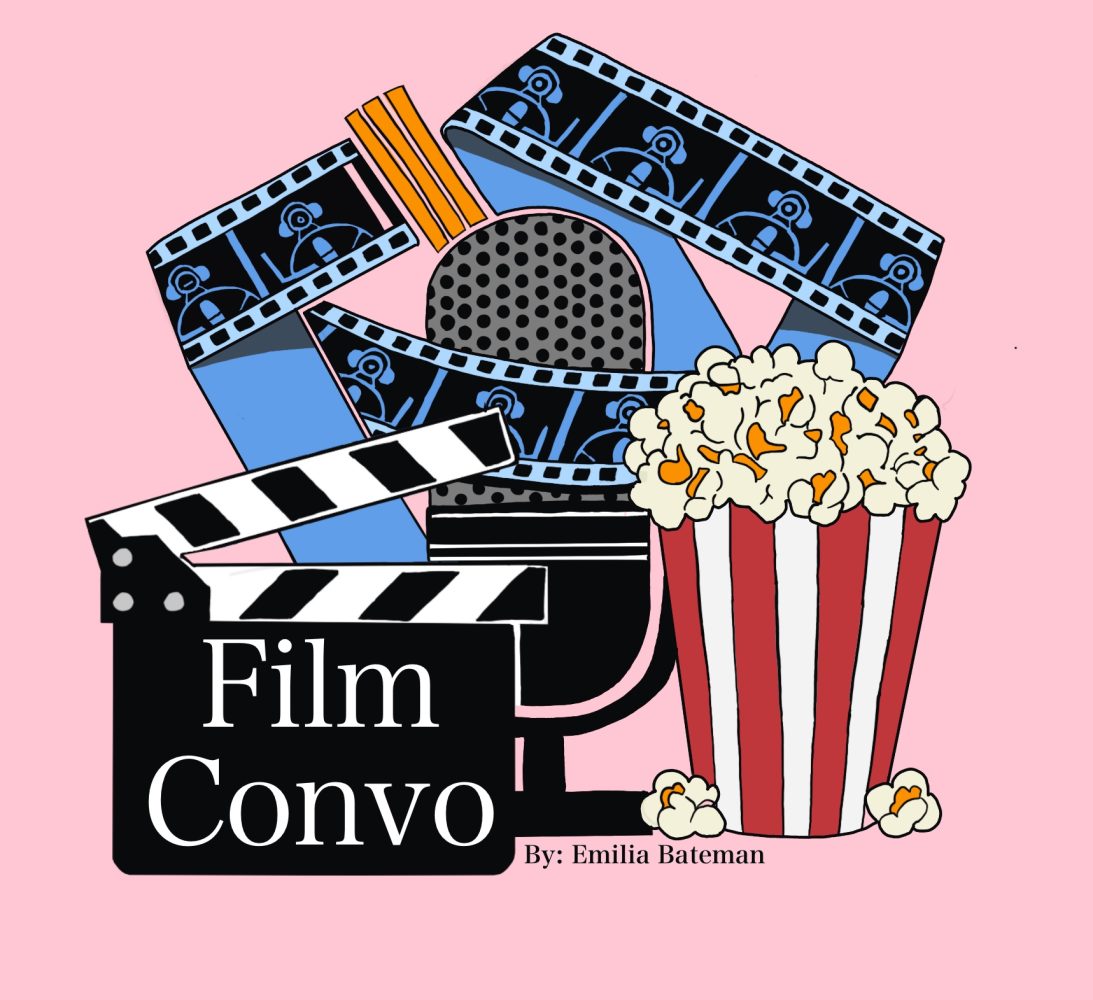
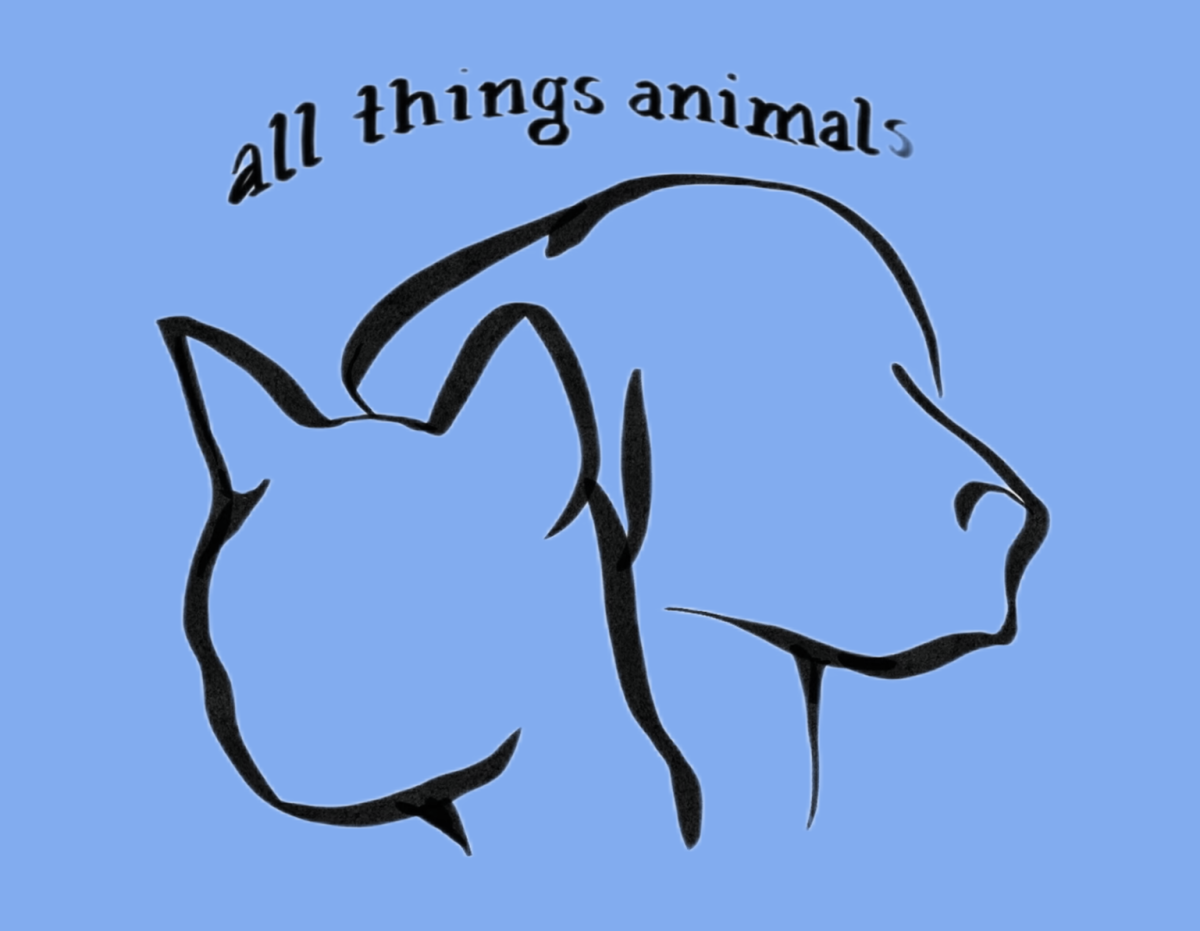
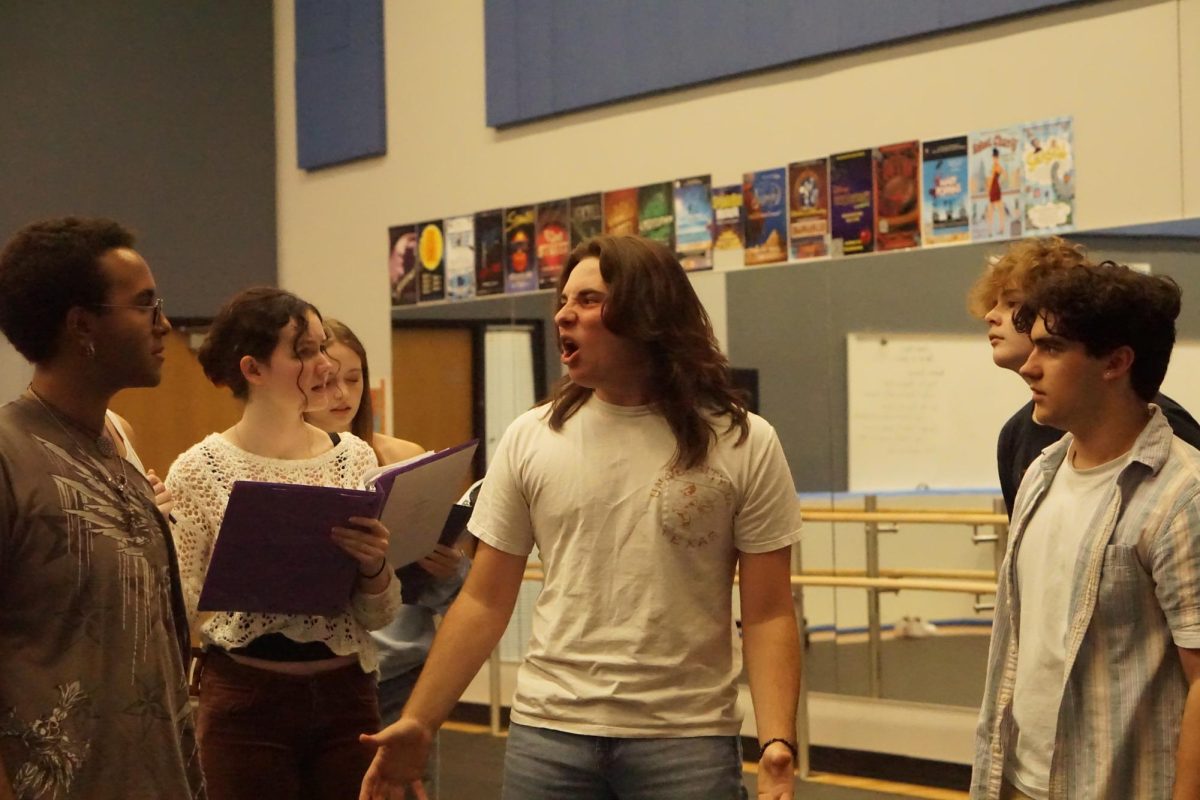
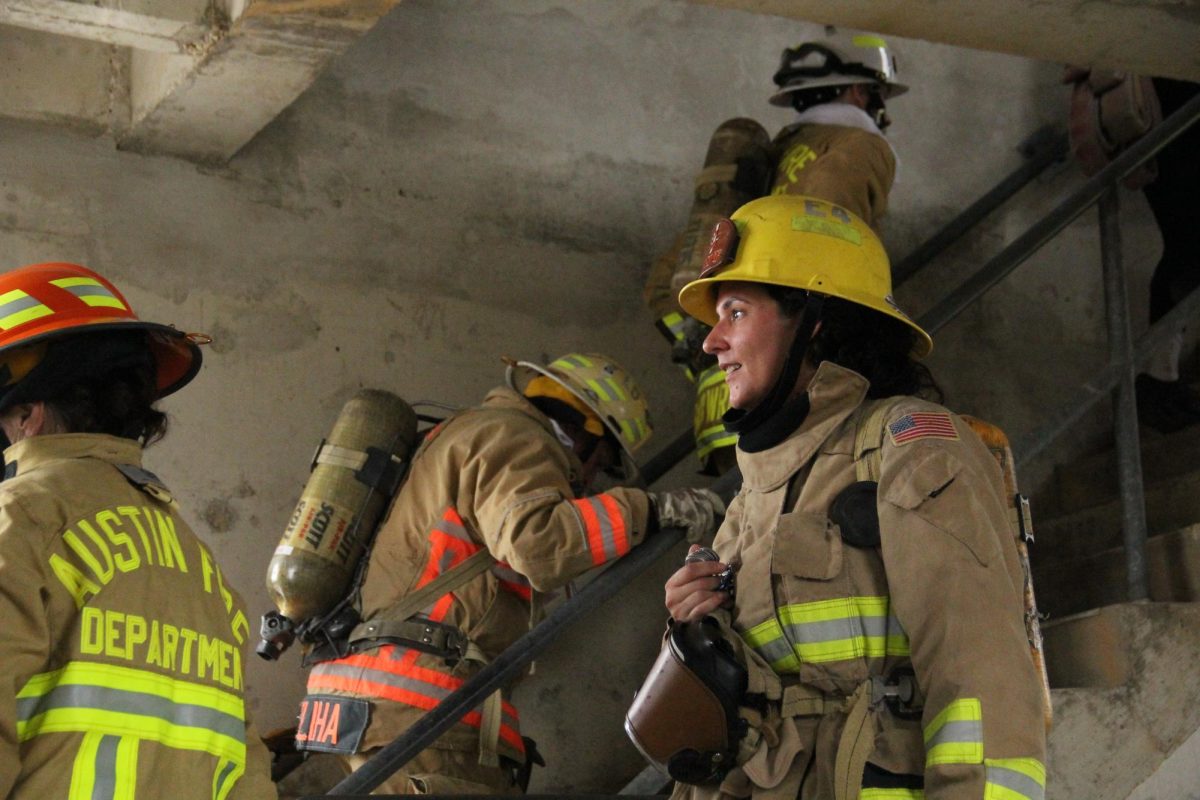

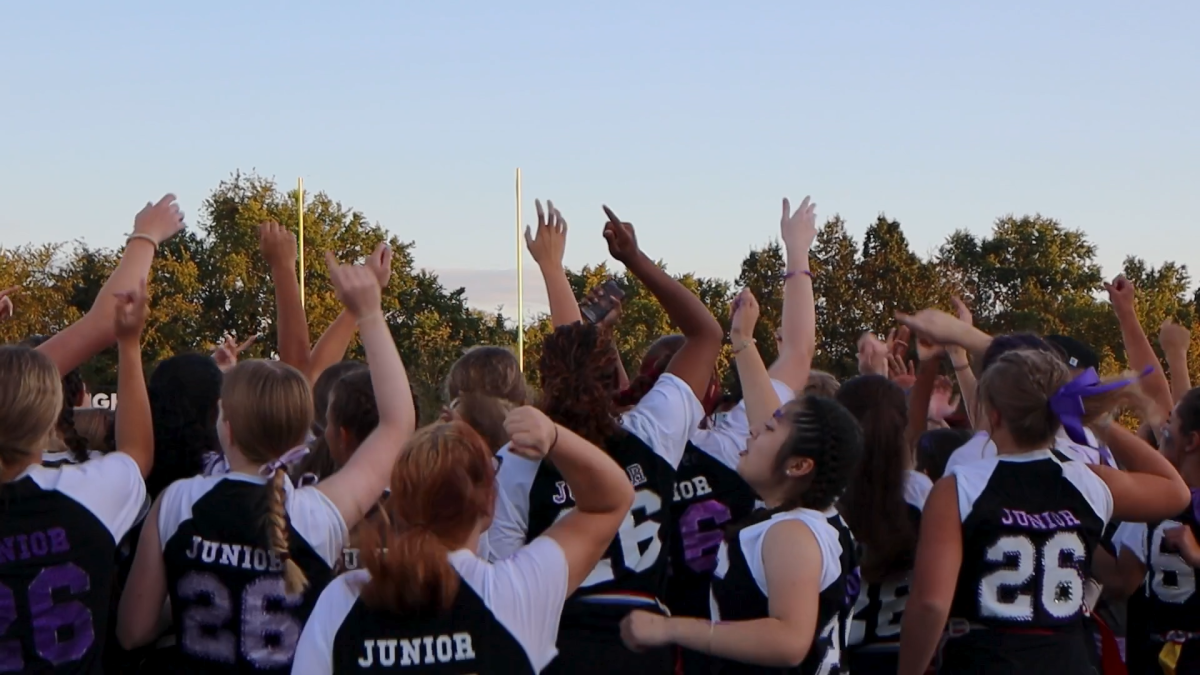

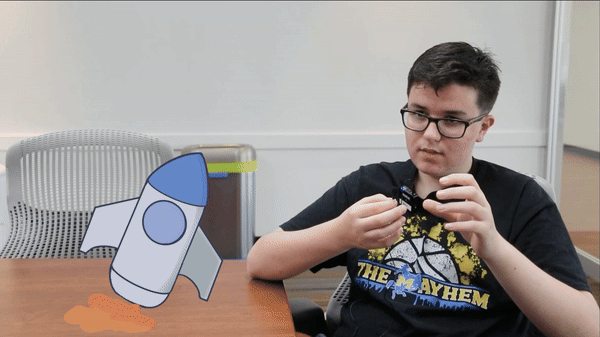
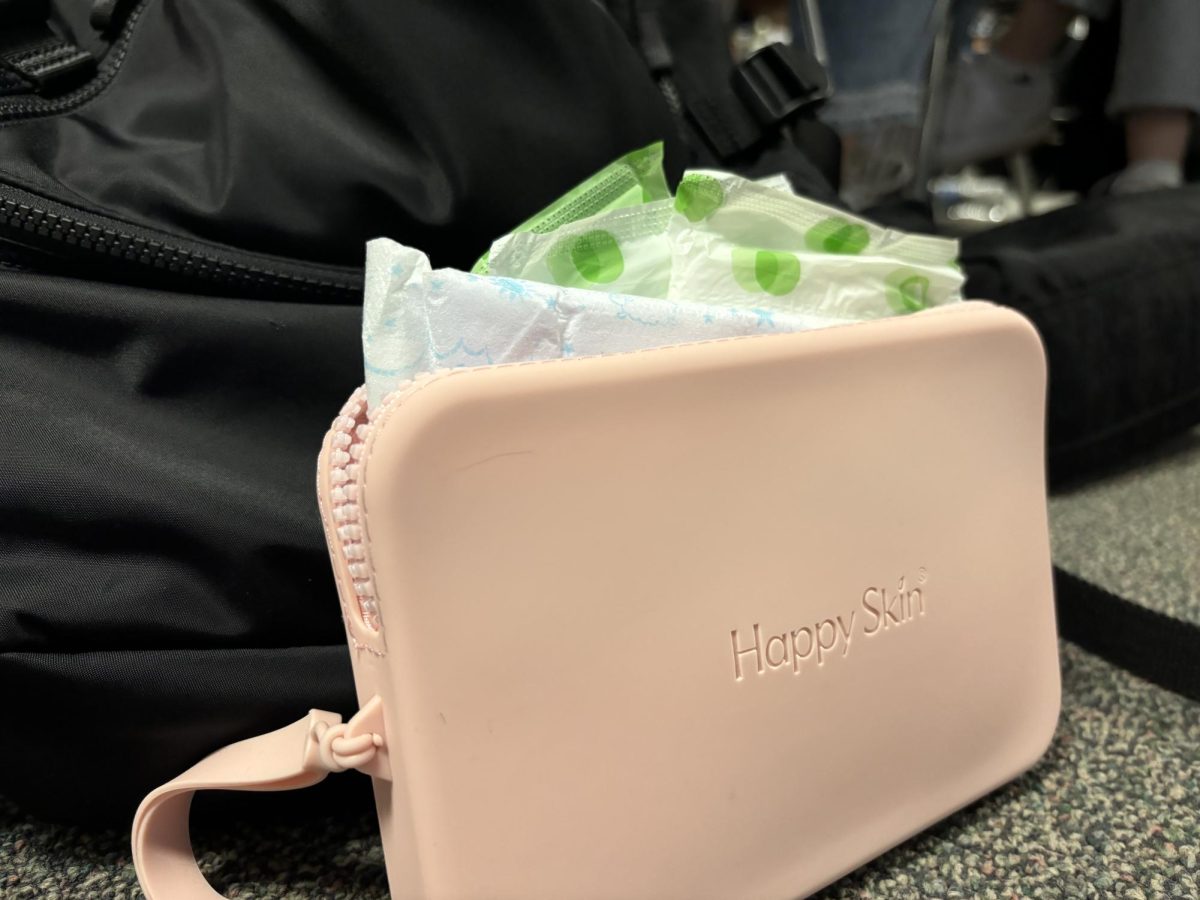
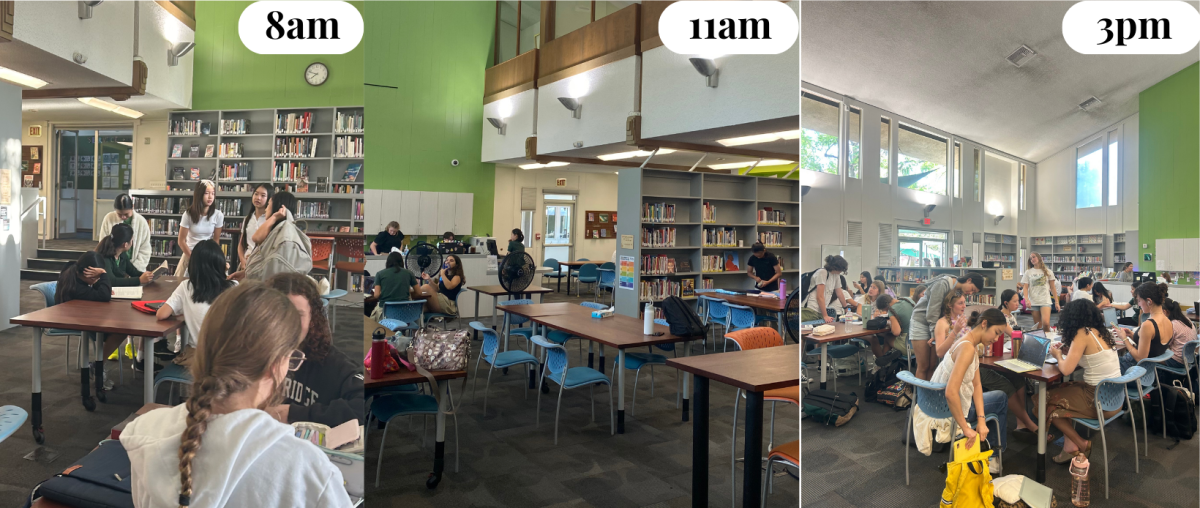
![Henry’s first day at Bellaire as Rossow’s student teacher in August 2019, teaching German. According to Henry, “[Rossow] was very supportive, very helpful in terms of helping us understand the mechanics of the language. That helped me propel my studies.” (Provided by HENRY)](https://bestofsno.com/wp-content/uploads/2024/10/HenryStudentTeacherPicTPP-1-988x1200.png)